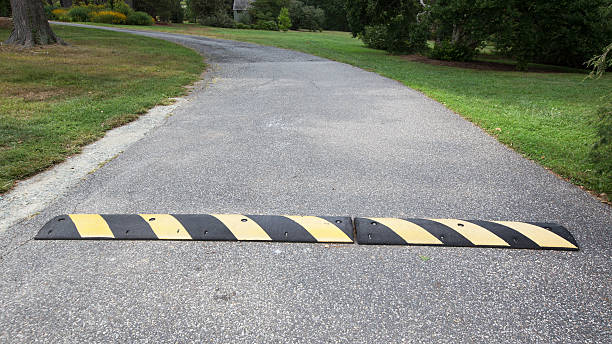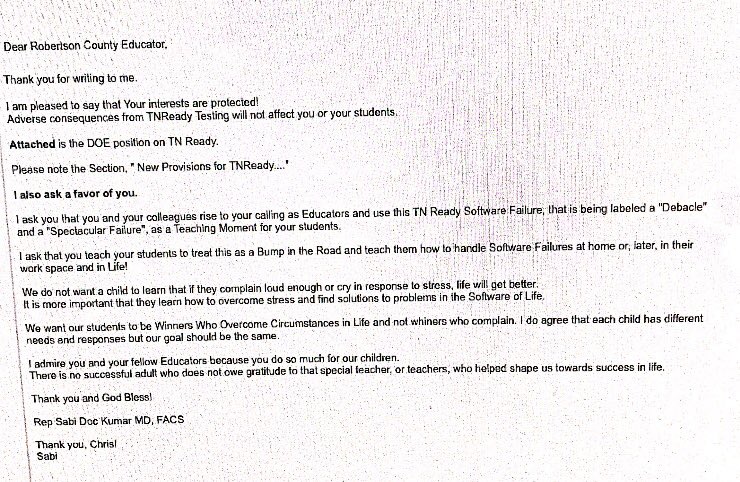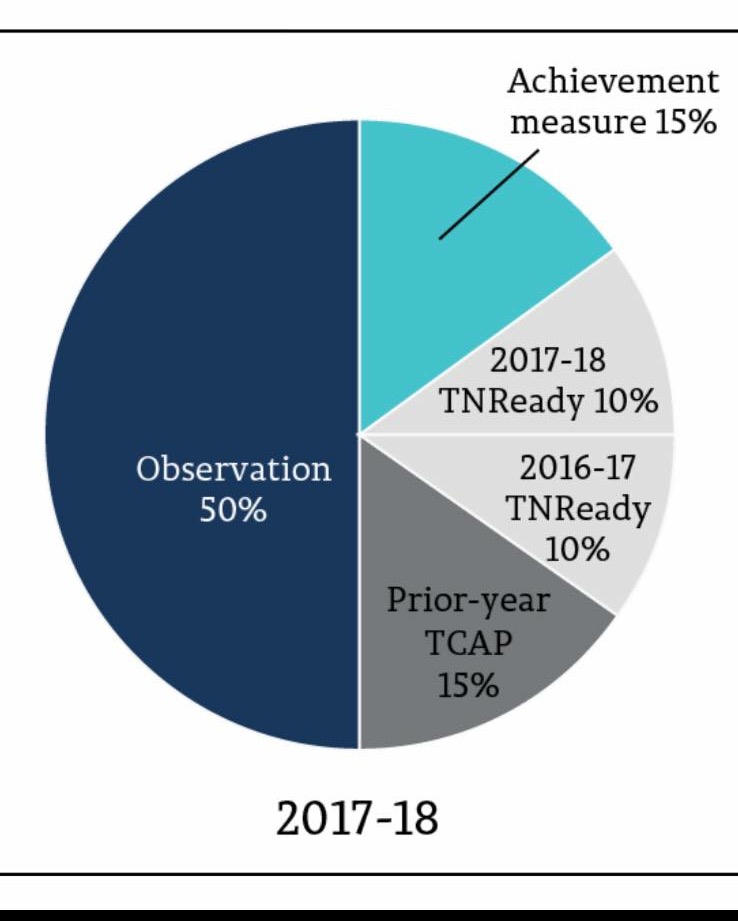While one Tennessee legislator refers to the TNReady trouble as a mere “Bump in the Road,” school districts around the state are stuck trying to pick up the pieces and move forward. Here’s an excerpt from a message to parents provided by Williamson County Schools with an outline of the challenges faced during TNReady testing so far:
On behalf of WCS, I want to apologize to you and your children for having to endure the State’s failed online testing program these past two weeks. We know that this has been difficult for everyone involved, and for that we are sorry.
State standardized testing has been required for decades in Tennessee. What has changed in the past few years is that the Tennessee Department of Education has been trying to transition to online testing. As many of you know, they have had massive difficulties with online administration of TNReady and high school End of Course exams (EOCs). These online problems have affected our grades 5-11.
Here’s a quick timeline of what our students and staff have undergone since State testing began last week:
Monday, April 16: Login problems affecting approximately 15,000 students.
Tuesday, April 17: Login problems affecting approximately 8,000 students.
Wednesday, April 18: WCS suspended testing to give the TDOE time to correct problems.
Thursday, April 19: Login problems affecting approximately 1,000 students.
Friday, April 20: No significant issues reported.
Monday, April 23: No significant issues reported.
Tuesday, April 24: System defaults caused 100+ students to take the wrong grade level test.
Wednesday, April 25: Delays and canceled testing affecting approximately 8,000 students.
Thursday, April 26: System lockout affecting approximately 15,000 students.
Friday, April 27: No significant issues reported.
That’s six days of problems over a two week testing period. Williamson County is now the third district (joining Knox and Anderson) to report students being given the wrong test.
This doesn’t look like a bump in the road, it looks like a huge mess. Thousands of students in just this one district have been impacted. Districts are now scheduling meetings to determine how to move forward in light of “hold harmless” and “adverse action” legislation.
Still, the Tennessee Department of Education insists that testing must keep going. A TDOE representative told House and Senate members this week that it was entirely possible to obtain valid data from this test administration.
We’ve supposedly had hackers and dump trucks running around trying to stop the test.
Still, Candice McQueen and her Department, backed by Governor Haslam, insist we simply MUST keep testing.
Why?
Whenever the idea of stopping testing is brought up, the state says we will lose federal money. Even this week, amid legislative wrangling on the issue, the final proposal was adopted as means of preserving compliance with federal law.
Here’s how Chalkbeat reported it:
The language in both bills seeks to keep Tennessee’s school accountability plan in compliance with a federal education law that requires states to include student performance in their teacher evaluation model — or risk losing federal funding for schools. Lawmakers also cited the state’s tenure rules in preserving the data.
So, what’s the real risk?
There isn’t one. If Tennessee stops testing this year and doesn’t include the data at all in teacher evaluation, we’d only be violating the plan we wrote, not some federal mandate. It was Tennessee’s ESSA plan that spelled out how our state planned to use data from testing. Certainly, a case can be made that testing didn’t go as planned this year, so we won’t use this year’s data.
Still, could we lose money?
No.
I mean, it’s not exactly THAT clear, but pretty much.
Here’s what I wrote on this topic back in 2016 (yes, we have testing problems all the time — as one person noted on Twitter, we’ve become the Cleveland Browns of state testing):
There’s just one problem: The federal government has not (yet) penalized a single district for failing to hit the 95% benchmark. In fact, in the face of significant opt-outs in New York last year (including one district where 89% of students opted-out), the U.S. Department of Education communicated a clear message to New York state education leaders: Districts and states will not suffer a loss of federal dollars due to high test refusal rates. The USDOE left it up to New York to decide whether or not to penalize districts financially.
And here’s more on how the federal Department of Education rarely withholds funds from states over testing or accountability issues:
- In 2015 more than 600,000 students opted out of state tests around the country, including 20% of all students in NYS, and 100,000 students in New Jersey and Colorado. Here in Illinois, more than 40,000 students opted out, including 10% of all CPS students eligible for the test. In 2016, as a district, CPS still did not make 95% participation, and more than 160 individual CPS schools also had <95% participation on PARCC last year. And in New York State in 2016, more than 9 out of 10 school districts had less than 95% participation. No state, district or school lost a single penny—despite threats throughout testing season every year since mass opt out began. In fact, as mentioned above, no state or local educational agency has lost any funding for participation rates ever. And states have had participation below 95% in the past (particularly in demographic subgroups), even before the era of mass opt out campaigns.
- In 2015 the IL State Board of Education (ISBE) opted out the entire state from science testing. States must administer science testing by grade-span (i.e. once in 3-5th, once in 6-8th, once in high school). There was a 0% participation rate. No funding was lost. The US Department of Education (USED)’s response was described by the Chicago Tribune as a ‘crackdown‘. In fact, the ‘crackdown’ was a stern letter, informing the state that they needed to administer a science test the next year.
So, will we lose money because we tried to administer a test but experienced a series of unfortunate events?
No.
No we will not.
Still, the Tennessee Department of Education insists that our students, teachers, and schools persist.
Still, TDOE insists the data is somehow valid and useful.
The fact is, TNReady has not been. Not in 2016, not this year, not yet.

For more on education politics and policy in Tennessee, follow @TNEdReport
Keep the education news and analysis coming!








